## Yo, Check Out This Beat: Def Jam Rapstar Creators Hit With a Million-Dollar Lawsuit
Remember spitting fire into your mic, dreaming of platinum records and chart-topping hits? Def Jam Rapstar, the game that promised to let you live out your hip-hop fantasies, had you dropping rhymes alongside legends like Jay-Z and Snoop Dogg. But hold up, rewind that track – the game’s makers are now facing a serious legal battle that could leave them flat broke.
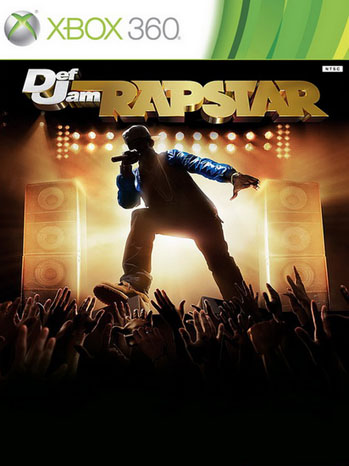
Missed Projections and Financial Strain
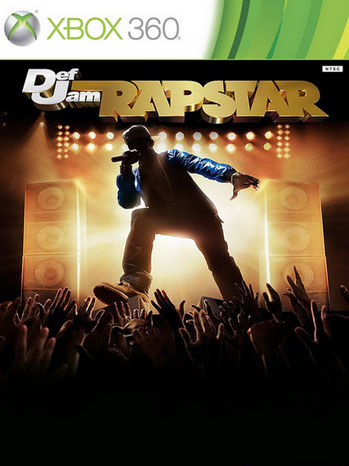
Def Jam Rapstar, the rap-themed karaoke game released in 2010, failed to meet its ambitious sales targets. While initial projections anticipated 2.5 million units sold in its first year, the game did not even crack the NPD Group’s top ten list during its launch month. Just two months after its release, the MSRP for the game was slashed from $60 to $40, a clear indication of disappointing sales and a potential financial strain on the developers and publisher.
This shortfall in revenue is particularly troubling in the context of the lawsuits against Konami and Autumn Games. The bank’s allegations suggest that the developers may have misrepresented their financial capabilities and the game’s projected earnings to secure the $14 million loan. The failure to meet these projections could have amplified the financial pressure on the companies involved, potentially contributing to the alleged deception.
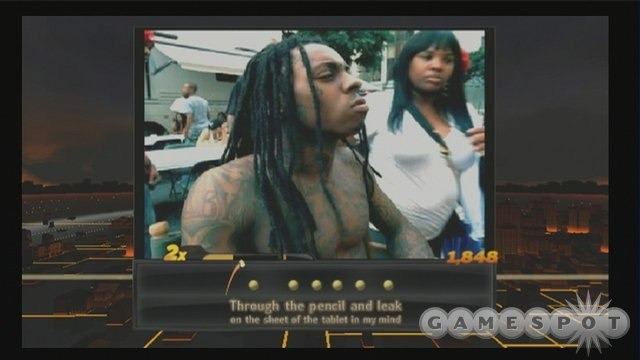
Lack of Transparency and Alleged Misrepresentation
City National Bank (CNB) alleges that Konami and Autumn Games deliberately misled them about Def Jam Rapstar’s financial prospects to secure the loan. CNB claims that the developers made “baseless and unrealistic projections” about the game’s sales performance and have since failed to honor their repayment obligations. The bank’s complaint states, “CNB has recently learned that defendants’ representations concerning financial conditions and repayment of the loan–both before and after the loan was approved–were false at the time they were made and that defendants never had any intention of repaying the loan as promised.”
This accusation of intentional misrepresentation raises serious concerns about the developers’ business practices. If proven true, it suggests a pattern of deception aimed at securing financial advantage, potentially jeopardizing the trust and stability of the gaming industry.
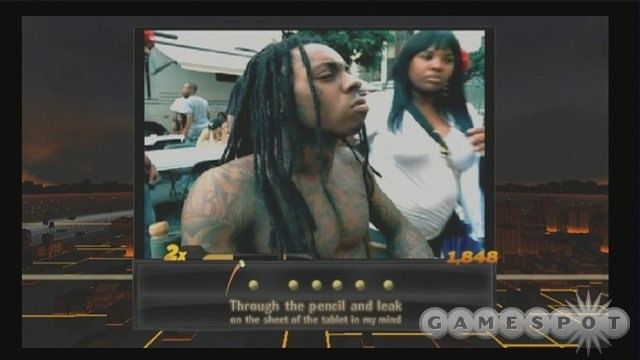
A Pattern of Allegations
Consequences and Industry Implications
The lawsuits against the developers of Def Jam Rapstar have far-reaching consequences for the gaming industry. The potential financial fallout for the developers, publishers, and music rights holders is substantial. Beyond the direct costs of legal fees and damages, the reputational damage could significantly impact future projects and collaborations.
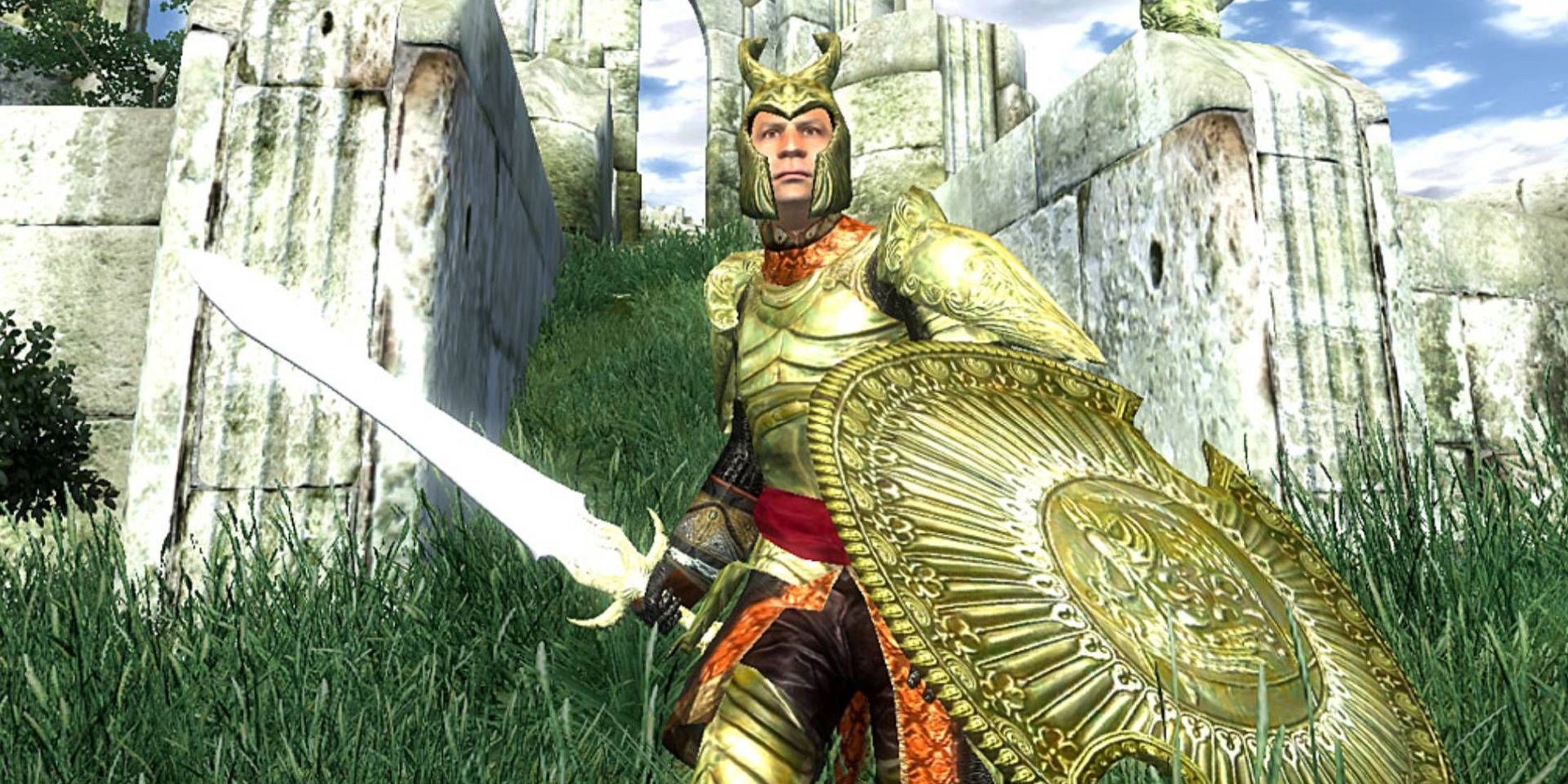
Financial Fallout
The financial consequences of these lawsuits are significant and could extend beyond the immediate parties involved. Def Jam Rapstar’s developers, Konami, and Autumn Games face potential damages exceeding $8 million, as well as legal fees and other associated costs. The music rights holders, EMI, are seeking statutory damages of $150,000 per song, totaling over $8 million. The bank, CNB, is also seeking reimbursement for the outstanding loan and additional damages.
These costs could cripple the developers and publishers, potentially leading to financial instability and even bankruptcy. Furthermore, the wider gaming industry could suffer if investors become hesitant to fund projects with similar risks, leading to a slowdown in development and innovation.
Setting a Precedent
This case has the potential to set a significant precedent for future video game development, particularly regarding music licensing. The severity of the penalties imposed on Def Jam Rapstar’s developers for alleged copyright infringement could deter developers from using copyrighted music in their games, leading to a decrease in the variety and authenticity of in-game soundtracks.
It could also encourage developers to carefully vet every element used in their games, ensuring that all licenses are properly secured to avoid potential legal repercussions. This increased scrutiny could lead to a more cautious approach to game development, potentially impacting creativity and innovation.
The Future of Music in Games
The challenges faced by Def Jam Rapstar highlight the ongoing difficulties of securing music rights for video games. The complexity of clearing rights for multiple contributors, underlying samples, and various territories can be a daunting and costly process for developers.
While this case may discourage the use of licensed music in games, it also underscores the need for innovative solutions. Exploring alternative licensing models, such as royalty-free music libraries or collaborative partnerships with music rights holders, could pave the way for a more sustainable future for music in video games.
Conclusion
So, there you have it, the tangled tale of “Def Jam Rapstar” and the hefty lawsuit threatening its creators. We’ve seen how the game’s reliance on licensed music, while initially a surefire hit, has now become a legal quagmire. The plaintiffs argue that the creators exploited their musical output without proper compensation, effectively shortchanging the artists who poured their heart and soul into their creations. This case highlights the precarious balance between artistic expression and intellectual property rights, a debate that’s only intensifying in the digital age. The implications ripple far beyond the world of “Def Jam Rapstar.” This lawsuit could set a precedent for future music-based games, forcing developers to rethink their licensing strategies and potentially leading to a proliferation of original soundtracks. It also raises questions about the financial fairness for artists in the digital entertainment landscape. Will this case empower artists to demand greater control over their work and ensure they receive their due? Or will it stifle creativity and innovation, leading to a less vibrant gaming experience? Only time will tell. But one thing is certain: the courtroom battle over “Def Jam Rapstar” is a stark reminder that behind every catchy beat and lyrical masterpiece, there are real people and real stakes.
